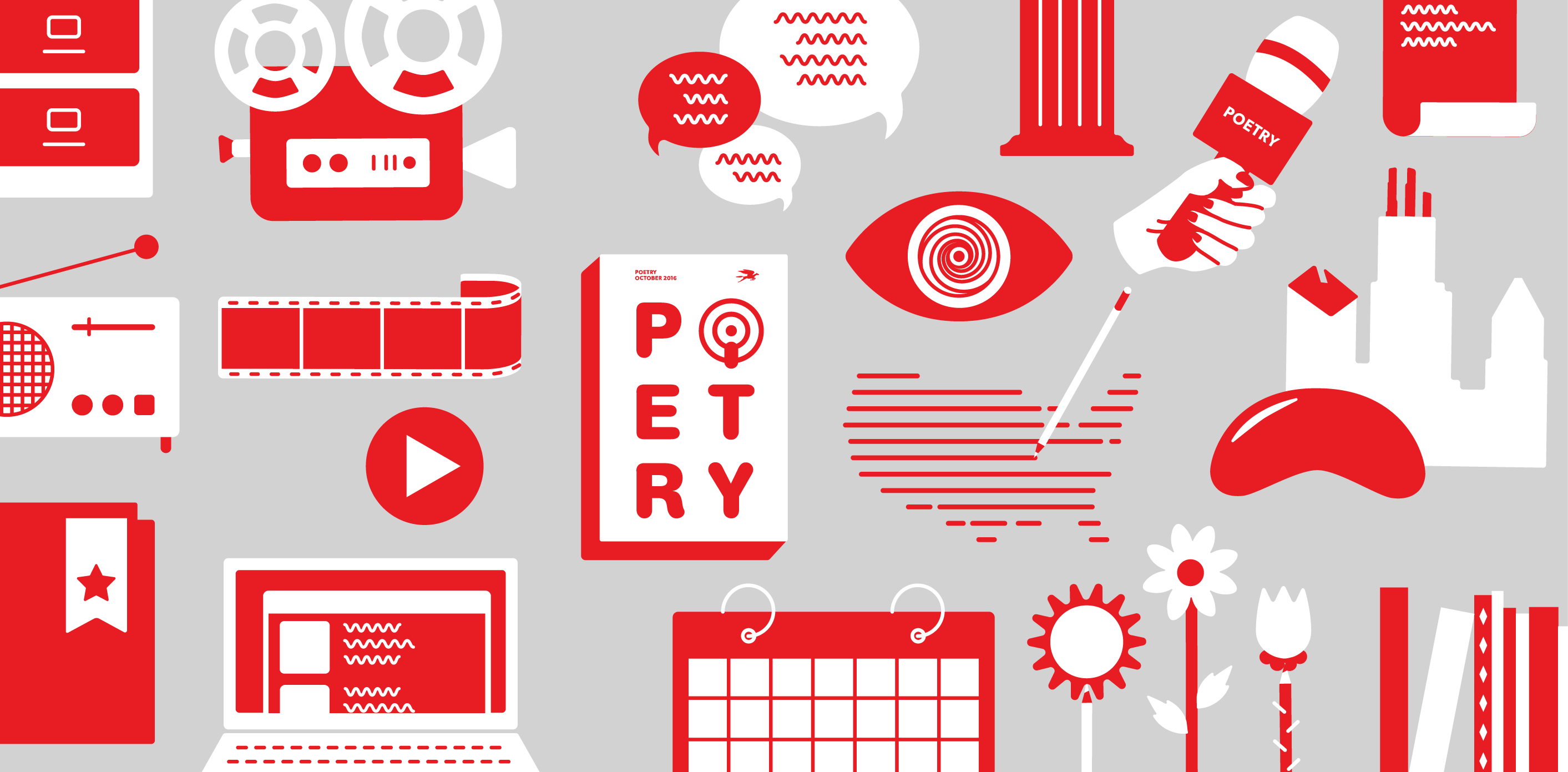Download Auden Age Of Anxiety Pdf
вторник 15 января admin 95
The Age of Anxiety: A Baroque Eclogue (1947; first UK edition, 1948) is a long poem in six parts by W. Auden, written mostly in a modern. Create a book Download as PDF Printable version. Apr 9, 2010 - It was both hailed as 'his best work to date' and damned as 'his one failure'. Leonard Bernstein's symphony, inspired by the poem, is the better.

A gallery of contributors count the ways. It’s hard to believe that anyone but scholars of modern literature or paid critics have read W.H. Auden’s dramatic poem “The Age of Anxiety” all the way through, even though it won a Pulitzer Prize in 1948, the year after it was published. It is a difficult work — allusive, allegorical, at times surreal. But more to the point, it’s boring.
The characters meet, drink, talk and walk around; then they drink, talk and walk around some more. They do this for 138 pages; then they go home.
From a sufferer’s perspective, anxiety is not epochal. It is always and absolutely personal. Auden’s title, though: that people know. From the moment it appeared, the phrase has been used to characterize the consciousness of our era, the awareness of everything perilous about the modern world: the degradation of the environment, nuclear energy, religious fundamentalism, threats to privacy and the family, drugs, pornography, violence, terrorism. Since 1990, it has appeared in the title or subtitle of at least two dozen books on subjects ranging from science to politics to parenting to sex (“Mindblowing Sex in the Real World: Hot Tips for Doing It in the Age of Anxiety”). As a sticker on the bumper of the Western world, “the age of anxiety” has been ubiquitous for more than six decades now.
Slabs or foundations can be of any shape, and can include edges shaped with circular and spline curves. 
But is it accurate? As someone who has struggled with chronic anxiety for many years, I have my doubts. For one thing, when you’ve endured anxiety’s insults for long enough — the gnawed fingernails and sweat-drenched underarms, the hyperventilating and crippling panic attacks — calling the 20th century “The Age of Anxiety” starts to sound like calling the 17th century “The Age of the Throbbing Migraine”: so metaphorical as to be meaningless. From a sufferer’s perspective, anxiety is always and absolutely personal. It is an experience: a coloration in the way one thinks, feels and acts. It is a petty monster able to work such humdrum tricks as paralyzing you over your salad, convincing you that a choice between blue cheese and vinaigrette is as dire as that between life and death.
When you are on intimate terms with something so monumentally subjective, it is hard to think in terms of epochs. Ted McGrath And yet it is undeniable that ours is an age in which an enormous and growing number of people suffer from anxiety. According to the National Institute of Mental Health, anxiety disorders now affect of the United States, or about 40 million people. By comparison, mood disorders — depression and bipolar illness, primarily — affect. That makes anxiety the most common psychiatric complaint by a wide margin, and one for which we are increasingly well-medicated.
Last spring, the drug research firm IMS Health released its annual report on pharmaceutical use in the United States. The anti-anxiety drug alprazolam — better known by its brand name, Xanax — was the top psychiatric drug on the list, clocking in at 46.3 million prescriptions in 2010. Just because our anxiety is heavily diagnosed and medicated, however, doesn’t mean that we are more anxious than our forebears. It might simply mean that we are better treated — that we are, as individuals and a culture, more cognizant of the mind’s tendency to spin out of control. Earlier eras might have been even more jittery than ours. Fourteenth-century Europe, for example, experienced devastating famines, waves of pillaging mercenaries, peasant revolts, religious turmoil and a plague that wiped out as much as half the population in four years. The evidence suggests that all this resulted in mass convulsions of anxiety, a period of psychic torment in which, as one historian has put it, “the more one knew, the less sense the world made.” Nor did the monolithic presence of the Church necessarily help; it might even have made things worse.
